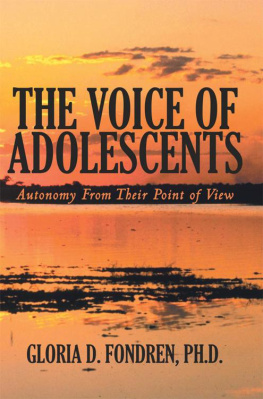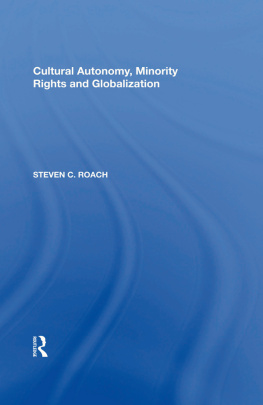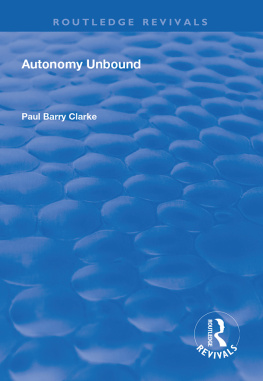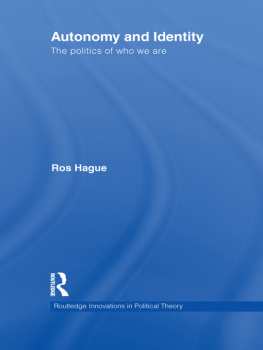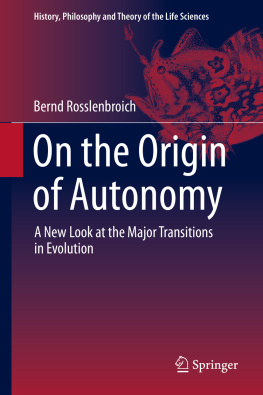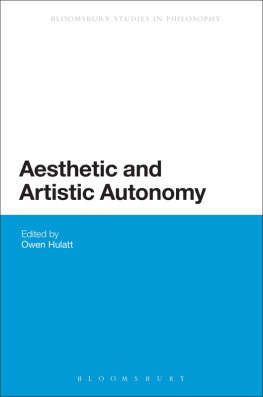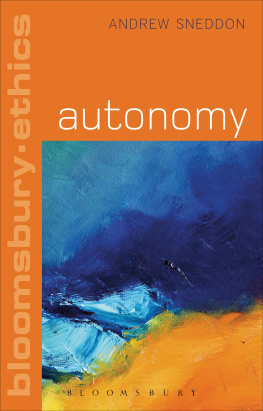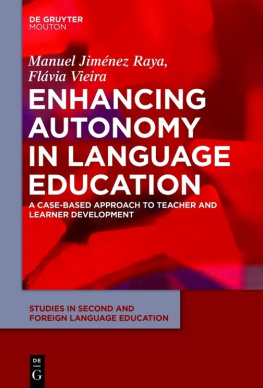A.Harry Lesser - Ageing, Autonomy and Resources
Here you can read online A.Harry Lesser - Ageing, Autonomy and Resources full text of the book (entire story) in english for free. Download pdf and epub, get meaning, cover and reviews about this ebook. year: 2020, publisher: Routledge, genre: Romance novel. Description of the work, (preface) as well as reviews are available. Best literature library LitArk.com created for fans of good reading and offers a wide selection of genres:
Romance novel
Science fiction
Adventure
Detective
Science
History
Home and family
Prose
Art
Politics
Computer
Non-fiction
Religion
Business
Children
Humor
Choose a favorite category and find really read worthwhile books. Enjoy immersion in the world of imagination, feel the emotions of the characters or learn something new for yourself, make an fascinating discovery.

- Book:Ageing, Autonomy and Resources
- Author:
- Publisher:Routledge
- Genre:
- Year:2020
- Rating:5 / 5
- Favourites:Add to favourites
- Your mark:
Ageing, Autonomy and Resources: summary, description and annotation
We offer to read an annotation, description, summary or preface (depends on what the author of the book "Ageing, Autonomy and Resources" wrote himself). If you haven't found the necessary information about the book — write in the comments, we will try to find it.
First Published in 1999, lesser collects fourteen papers to create a discourse on the practical importance in a society where the proportion of elderly people is increasing. Exploring how autonomy and how it should be defined, and ethically when is it right to preserve a persons autonomy and in comparison is it ever ethically right to bring elderly peoples autonomy as a secondary concern is it saves them from harm?
A.Harry Lesser: author's other books
Who wrote Ageing, Autonomy and Resources? Find out the surname, the name of the author of the book and a list of all author's works by series.

